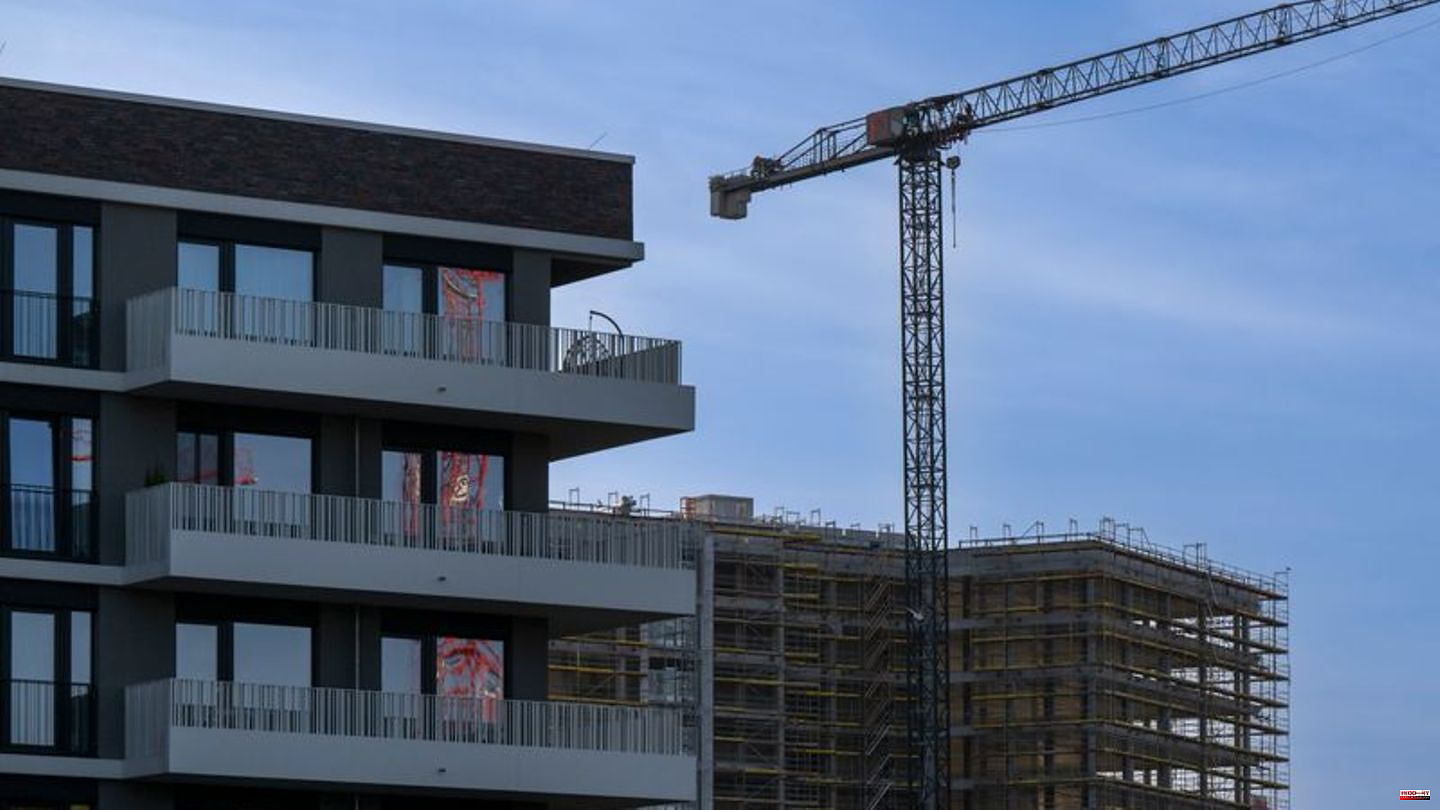Too little, too late, too complicated: the German housing industry is anything but satisfied with the actions of the federal government in the energy crisis. "The prices for gas and district heating are currently easily increasing by 500 to 600 percent, at the top by 1020 percent," said Axel Gedaschko, President of the Federal Association of German Housing and Real Estate Companies (GdW), at the association conference "Day of the Housing Industry" on Tuesday in Berlin. "Many households are hopelessly overwhelmed. Tenants sit crying during the consultation hours."
But instead of tackling proposals that have been around for a long time, such as the recently decided gas and electricity price brake, the government initially even planned to put an additional burden on consumers with the gas levy. Gedaschko called such projects "crazy special paths". The results of a commission of experts that had drawn up proposals on behalf of the federal government would be "talked to pieces".
The new building target of 400,000 apartments is utopian
There is also a back and forth on the topics of new building subsidies, energy-efficient renovation and social housing. A lack of skilled workers, scarcity of materials, high interest rates and construction costs make the federal government's goals with regard to new construction and renovation of existing buildings almost unattainable. "And yet the government pours one or two jugs of oil onto the fire." Gedaschko referred to the first suspended and then resumed KfW funding for energy-efficient renovation and the tightening of energy standards.
Construction Minister Klara Geywitz (SPD) admitted that there was an urgent need to catch up in the housing sector. Even under good general conditions, the industry was not able to even come close to achieving the current new construction target of 400,000 apartments per year. Due to years of political neglect by the previous governments, there is a lack of building research, digitization and, ultimately, productivity. "We have to change that," stressed Geywitz. "Then we also have the situation where we have good framework conditions for the capacity to build so much."
Geywitz again advocated serial construction with prefabricated modules. With regard to the technology of the heat transition, too much attention was paid to the question of adequate insulation. This technical approach is now reaching its limits, said Geywitz. "Buildings are very complex, and that's why we definitely need to be open to technology when implementing the GEG." The Building Energy Energy Act (GEG) contains requirements for the energetic quality of buildings.








